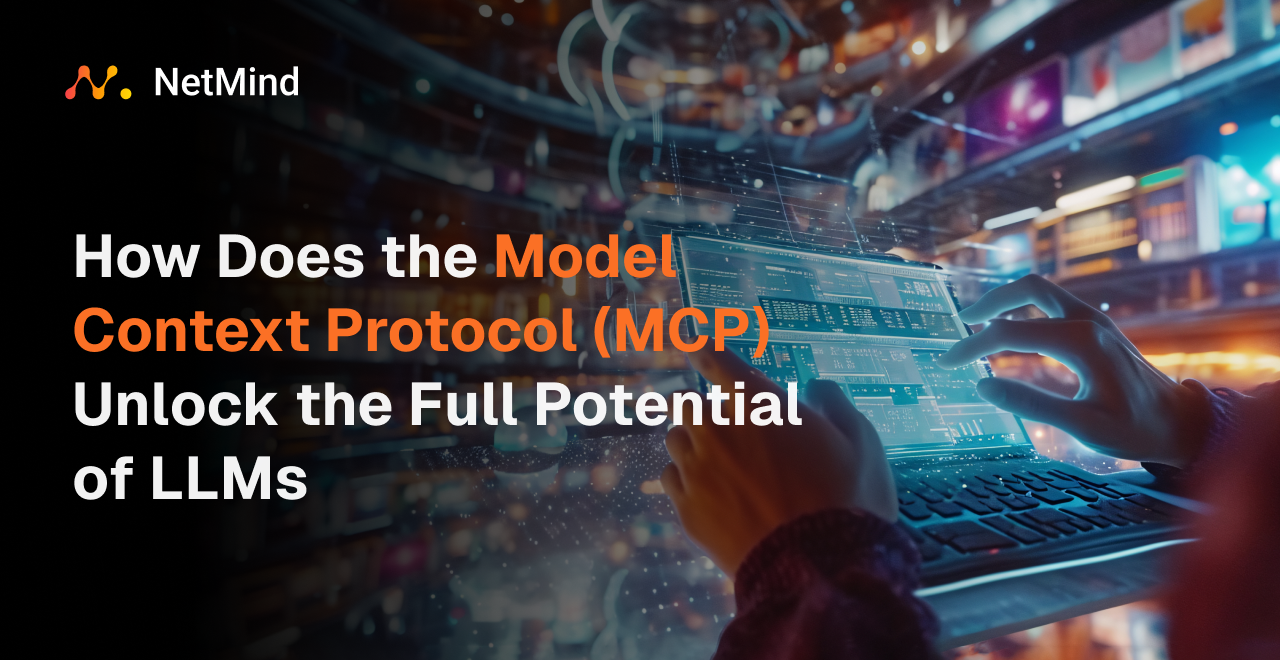How Does the Model Context Protocol (MCP) Unlock the Full Potential of LLMs

The Model Context Protocol (MCP), introduced by Anthropic in late 2024, is an open standard designed to eliminate data silos by enabling large language models (LLMs) to seamlessly access and interact with external tools and data sources. By standardizing how LLMs retrieve context, MCP allows AI systems to operate in richer, more dynamic environments—without manual copy-pasting or bespoke integrations.
Key Ideas
-
Standardized, context-rich interaction: MCP defines a three-part architecture—hosts, clients, and servers—that lets LLMs securely access local and remote resources, invoke tools, and use pre-defined prompts. Unlike simple function calling, MCP supports complex workflows and integrates diverse services through a unified protocol.
-
Ecosystem-wide impact and extensibility: With growing adoption across platforms like Claude Desktop and IDEs like Cursor and Cline, MCP empowers developers to build AI-native applications that can read files, query APIs, and automate tasks. Its open design fosters a vibrant community of interoperable services, unlocking the full potential of LLMs in real-world use cases.
Read more at: blog.netmind.ai
2025-05-08